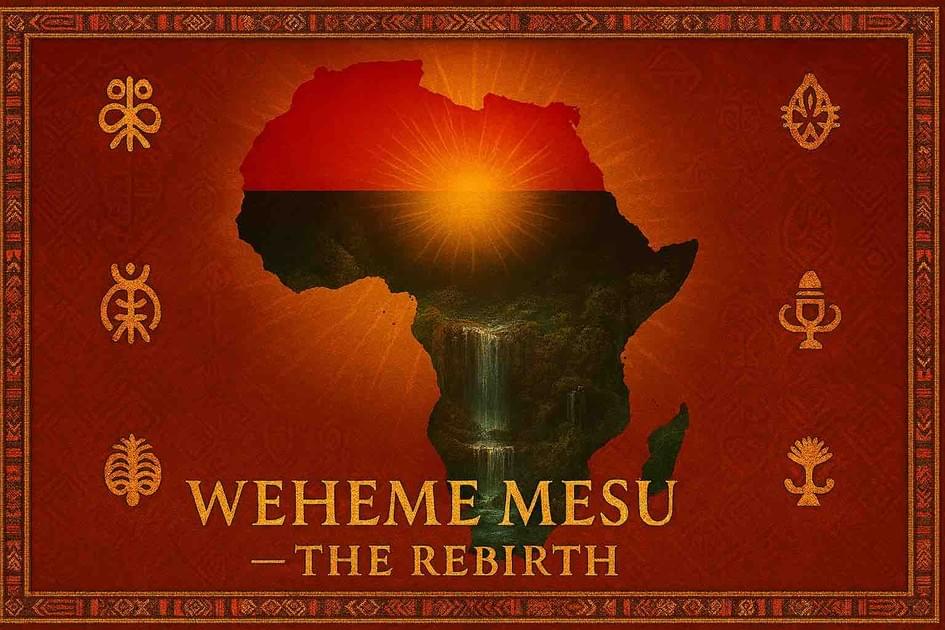



PAUM ~ Pan-African Unification Movement
- …
- Login



PAUM ~ Pan-African Unification Movement
- …
- Login


What We Do
Show off your projects, features, or clients in this section.
What We Do
Show off your projects, features, or clients in this section.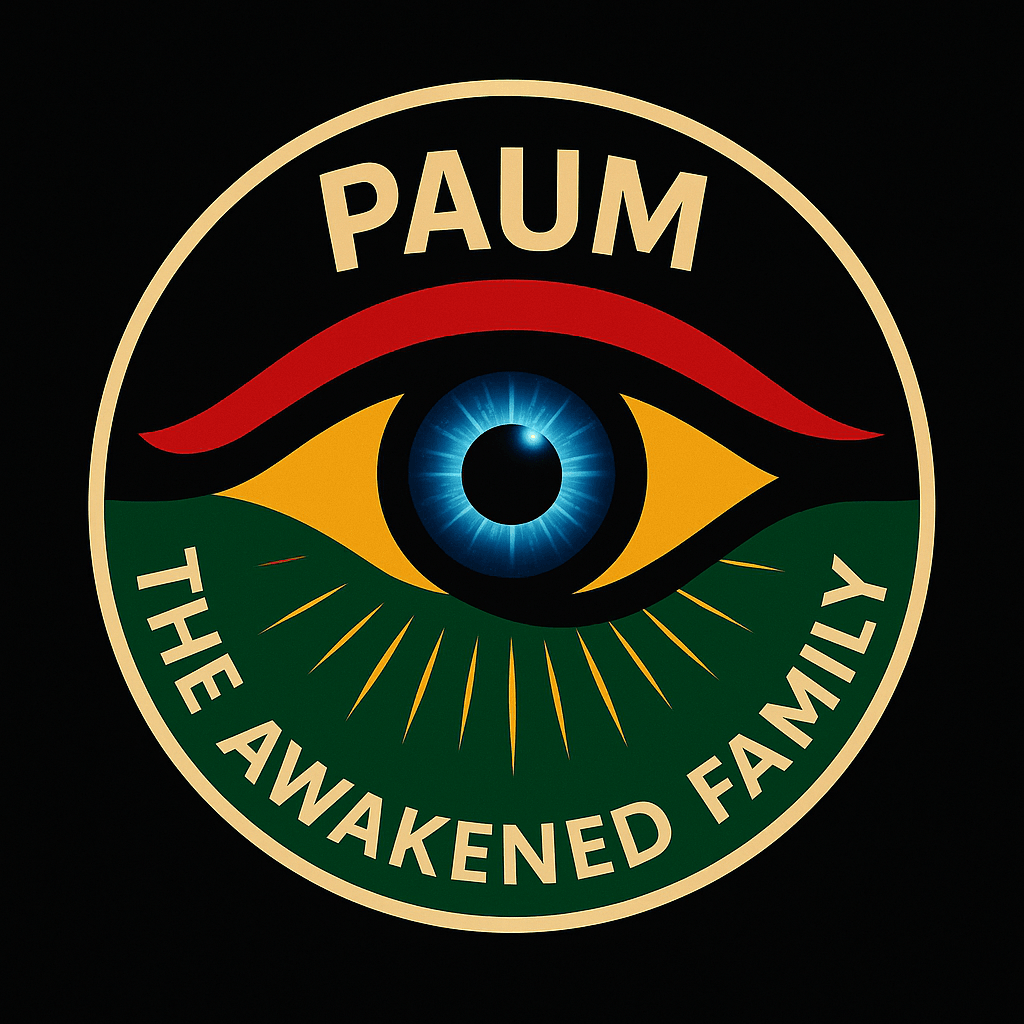
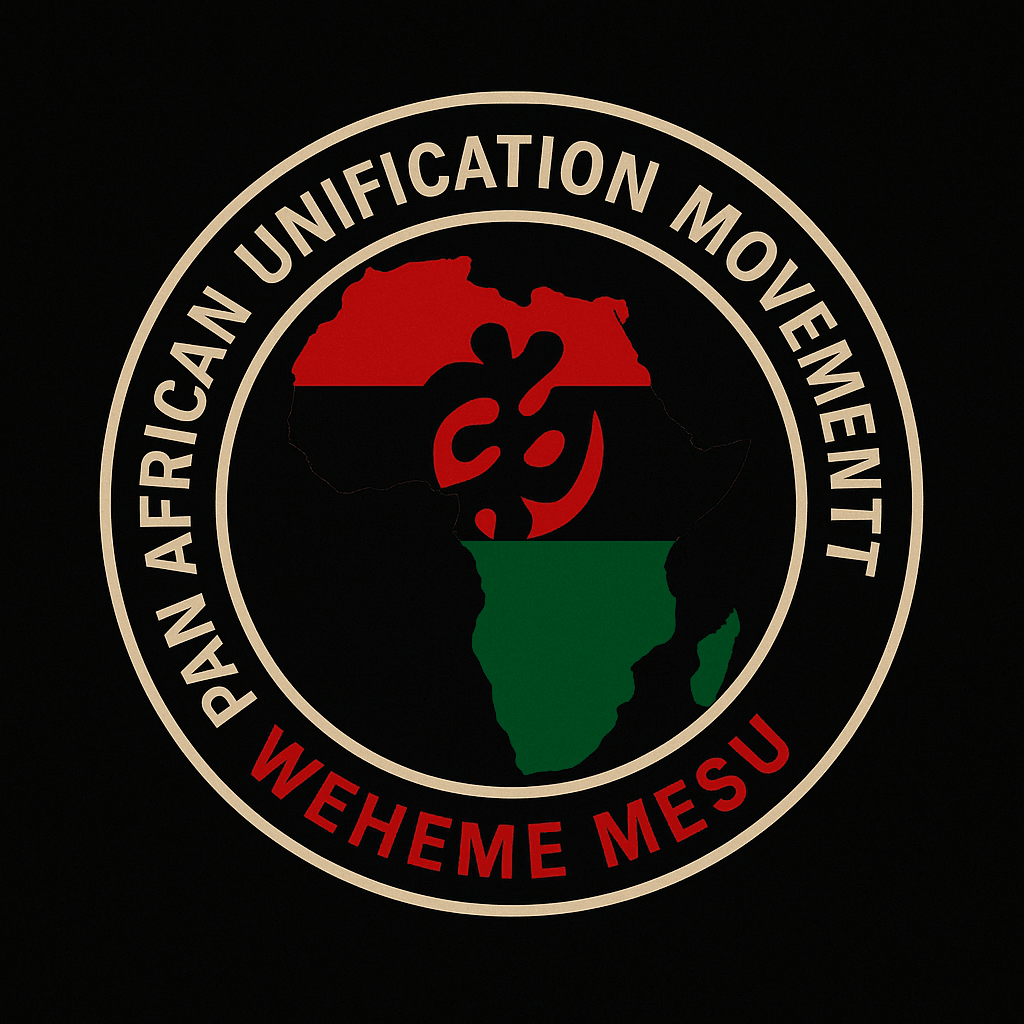

—— Welcome To PAUM - Pan African Unification Movement
📜About PAUM – Identity
Who We Are
The Pan-African Unification Movement (PAUM) is a spiritual, cultural, and socio-economic movement dedicated to the restoration of divine order and the unity of African people globally — from the continent to the Diaspora.
While we are not a political party nor a sectarian religious institution, we are deeply spiritual — rooted in the ancient wisdom of Kamitic teachings and African Traditional Spiritual Systems (ATRIs).
We believe that all true liberation must begin within — and must align with the ancestral laws of Ma’at (Truth, Justice, Divine Order) and the sacred cosmologies of our people.
PAUM exists to reawaken the soul of the African world — to restore spiritual sovereignty, build economic power, uplift the righteous, and guide the next generation into the age of restoration.
Weheme Mesu – The Rebirth of a People
This is not just our motto. It is our mission, our prophecy, and our sacred assignment.
To usher in the rebirth of African civilization by reclaiming our own minds, land, minerals, institutions, and identities — and to ignite a new generation of spiritual leaders, healers, builders, and visiona who will restore divine order to people, From Monrovia, Liberia, to Los Angeles, California, to Cape Town, Azania, the world over, PAUM is building bridges between African nations and her dispersed children in the Diaspora — not by slogans, but by sacred action, economic empowerment, and ancestral divine law for the pushing of the rebuilding of the African mind.and her dispersed children in the Diaspora — not by slogans, but by sacred action, economic empowerment, and ancestral divine law for the pushing of the rebuilding of the African mind. We are a spiritual and cultural awakening movement born from the memory of our ancestors and the prophecy of our rebirth.
🌱 Our Mission
To unify Pan-African people globally through sacred leadership, economic empowerment, cultural healing, and spiritual awakening — rooted in the divine principles of Ma’at and the legacy of our ancestors.
👁️ Our Vision
To usher in the rebirth of African civilization by reclaiming our own minds, land, minerals, institutions, and identities — and to ignite a new generation of spiritual leaders, healers, builders, and visionaries who will restore divine order to people.
Ancestral Archives
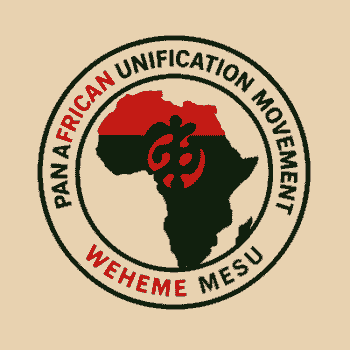
“I love Strikingly. Definitely the most structured, seamless and easy way I’ve ever launched a new website.”
— Felix Zeltner
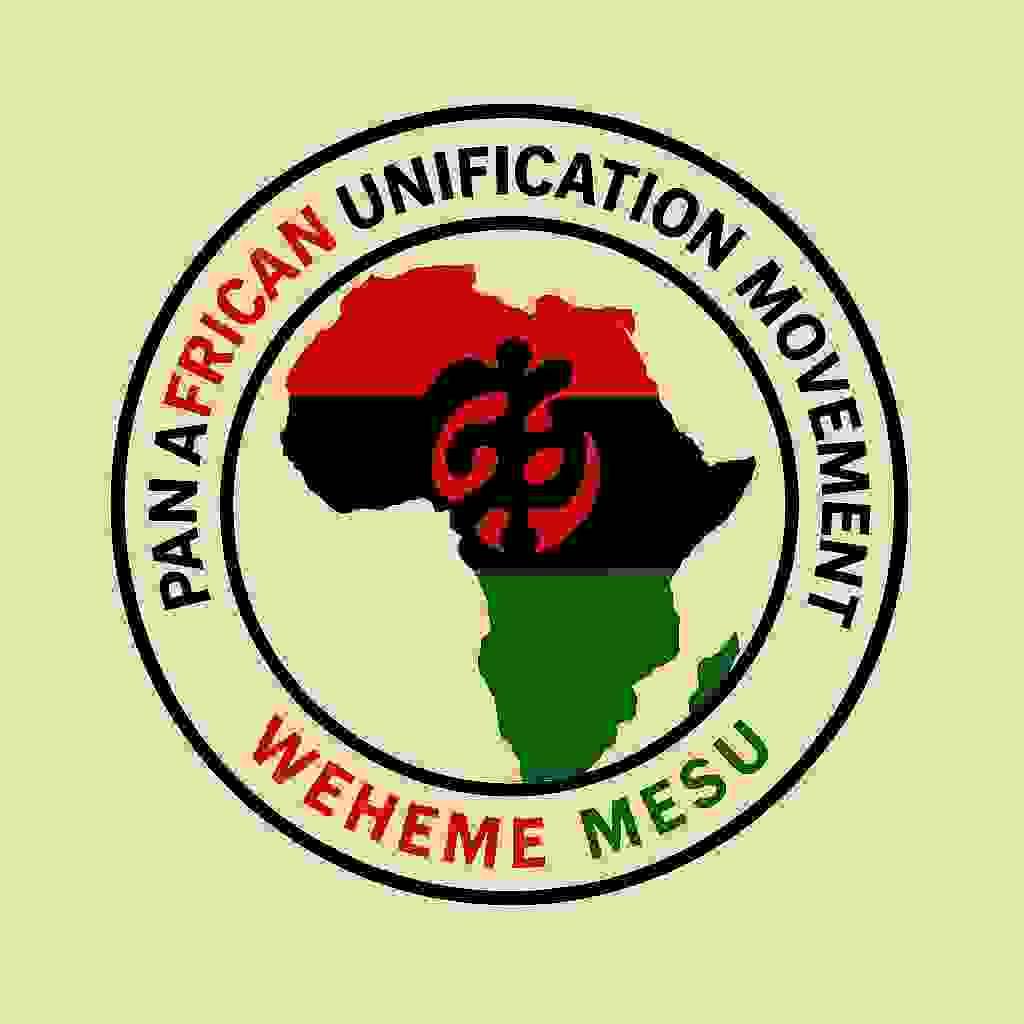
“As a business owner, finding time to step away is difficult. Strikingly made an overwhelming project simple and easy.”
— Alice Johnson

“Strikingly is easy to work with, patient and pleasant which made the experience like no other.”
— Darryl Duncan

“Strikingly is easy to work with, patient and pleasant which made the experience like no other.”
— Darryl Duncan

“Strikingly is easy to work with, patient and pleasant which made the experience like no other.”
— Darryl Duncan
—— PAUM EXECUTIVES COUNCIL
🏛️ The PAUM Executive Council
“A Circle of Sacred Stewards.”
The Executive Council of the Pan-African Unification Movement (PAUM) is the highest governing body within the organization. It is composed of spiritually aligned leaders entrusted to guide, guard, and grow the vision of Pan-African restoration.
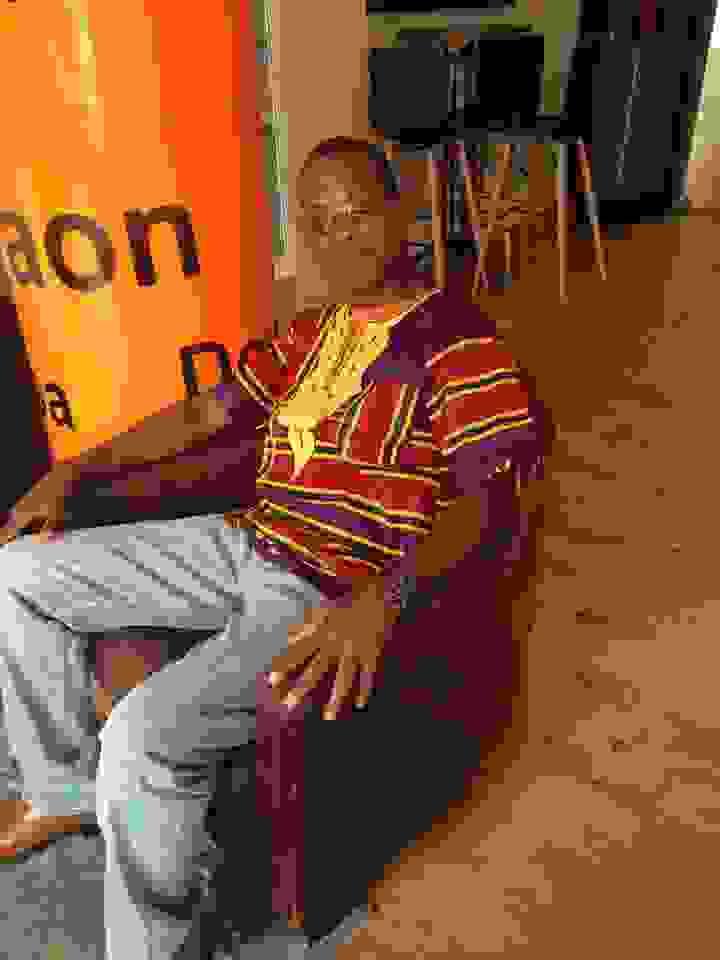
👑 Ezekiel Khepera Rakhuten
Chief Executive Officer (CEO)
Spiritual Avatar • Visionary Builder • Seer of the Ancient Flame. A descendant of the Tolbert lineage of Liberia and reincarnated spiritual guide, Ezekiel Khepera Rakhuten is the CEO of PAUM.
He carries the sacred fire of ancient Kamit and the leadership code of divine order. A published author, seer, and educator, Ezekiel has dedicated his life to rebuilding the African world on spiritual, cultural, and economic foundations.Sphere: Ausar (Leadership & Unifier)
Motto: “We don’t need more followers. We need more torchbearers.”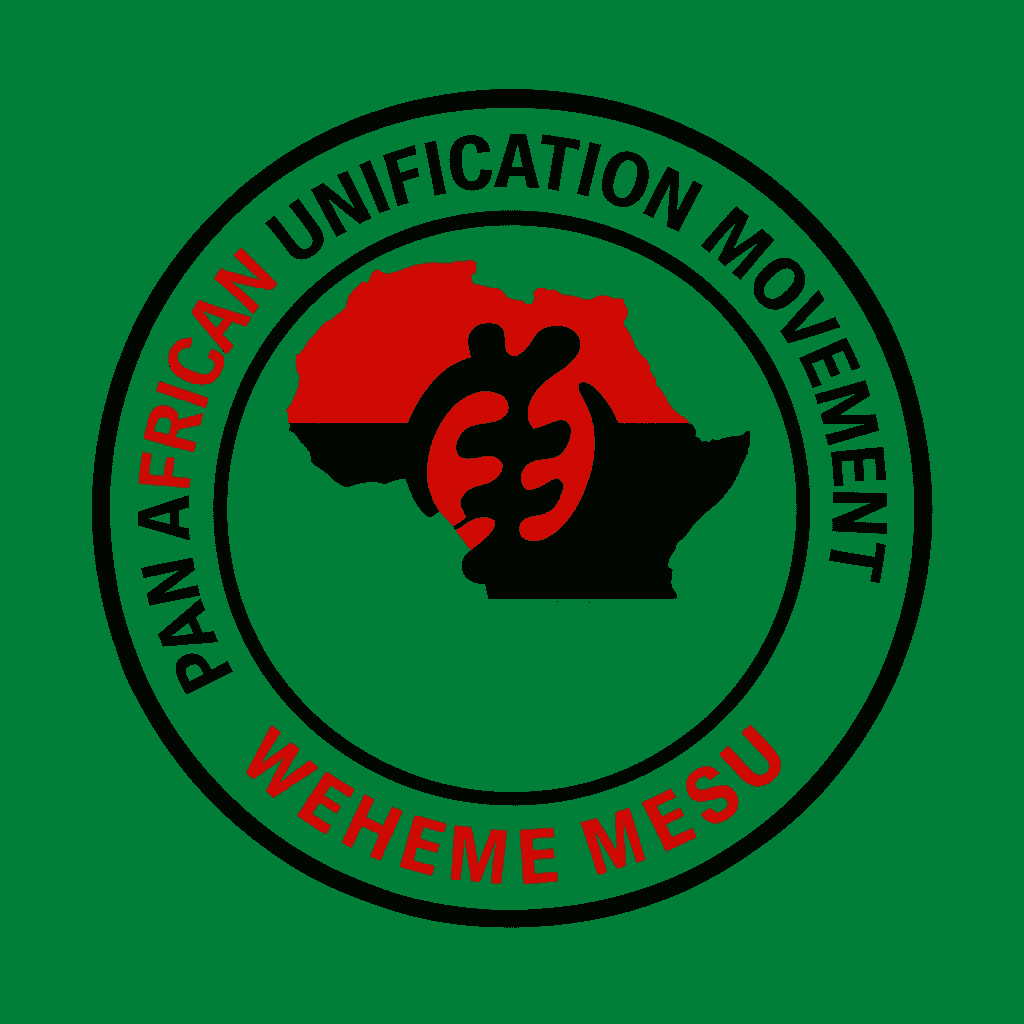
🔥Prophet Shai Kwei Armah ~ Mouth of Tehuti
Ex-Navy Officer • Prophet of Justice • Guardian of the Throne
A former U.S. Navy officer and spiritual protector, Prophet Shai Kwei Armah holds the role of spiritual prophet and guardian of PAUM’s shield.
With gifts in prophecy, discernment, and ancestral memory recall, he guides the organization movement through various stages of development with uncanny insights, prophetic visions, and sacred clairvoyance. His military training informs his role as Commander of PAUM’s General Initiative — defending the vision both spiritually and structurally.Sphere: Tehuti (Divine Speech & Enforcement of The Law)
Sacred Words: “The sword of truth cuts both ways."
💫 Chieftess Agnes Williams Rue
Chairlady of PAUM
Female Matriarch • MS Public Administration • Pillar of Ma’at • Prayer Warrior
Chieftess Agnes Rue brings maternal wisdom, discipline, and strong networking skills to the Executive Council. She has served as an educator, youth advocate, and spiritual mother to the youths of Liberia, grounding PAUM’s leadership with balance and feminine wisdom. As Chairwoman of the Liberia chapter, she oversees deliberations, ensures adherence to Paum's constitutional oaths, and uplifts the voice of the divine feminine in leadership in the private sector.
Sphere: Herukhuti (Divine Mother & female warrior)
Sacred Words: “To lead a people, you must also know their pains.”—— THE NEW HERUSALEM
Experts in innovative thinking, creative ideas
and cutting-edge technology solutions.
Experts in innovative thinking, creative ideas
and cutting-edge technology solutions.
Experts in innovative thinking, creative ideas
and cutting-edge technology solutions.
—— BRO. MUTABAZI MUGISHA MUBARAK
AFRICAN SCHOOL OF LINGUISTICS
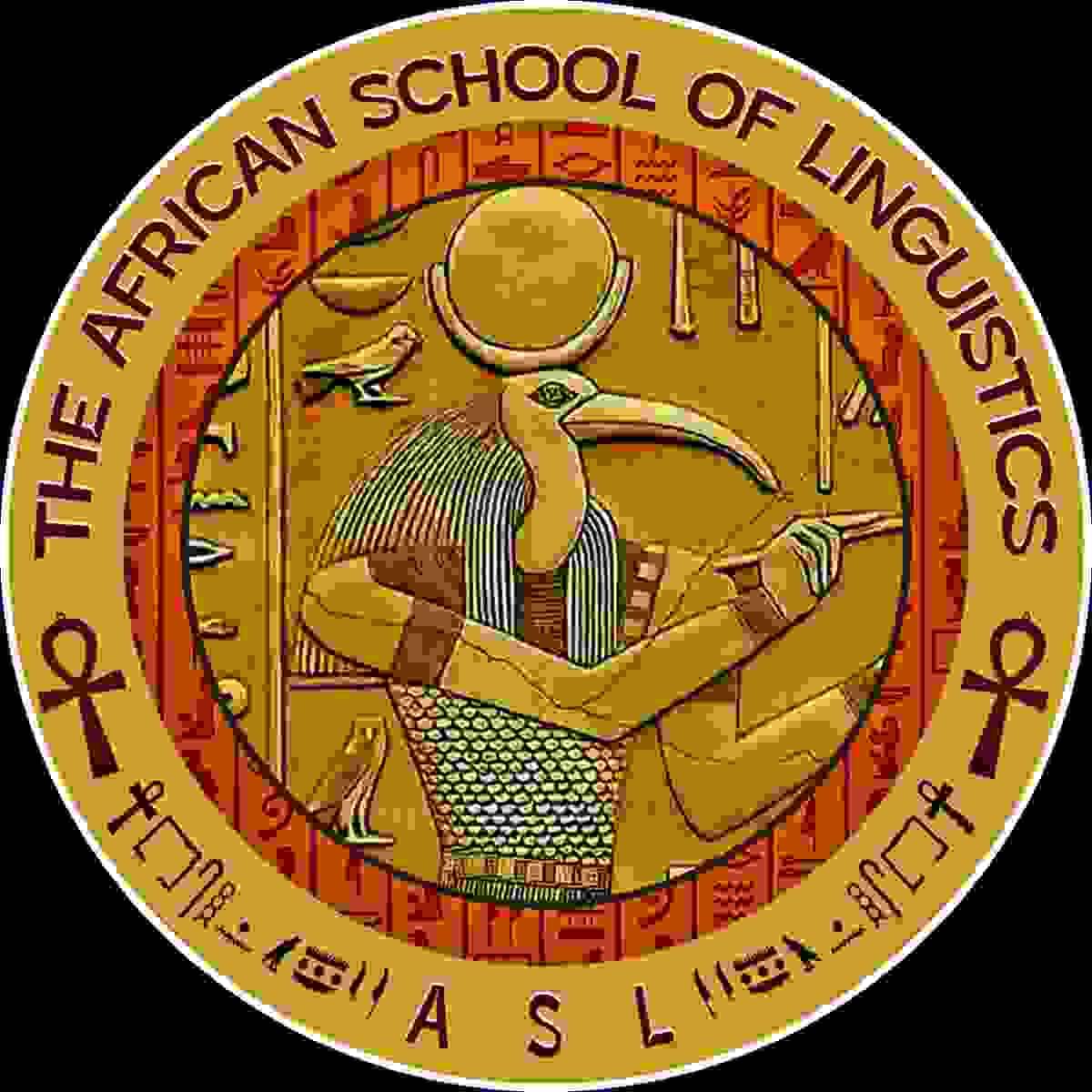
THE AFRICAN SCHOOL OF LINGUISTICS
,The African School of Linguistics seeks to preserve and promote the living traditions of poetry, invocation, drumming, ululation, and dance. These are not mere cultural expressions, but syntax systems that embody vast archives of cosmological knowledge and linguistic traditions. Especially among the cultures of the Great Lakes region, words function as ontological vessels - containers of essence and power. Language, therefore, is not simply a tool, but a dynamic medium that shapes and reflects reality. From ancient Kamit to contemporary societies of today, this metaphysical clarity has guided the spiritual and intellectual continuity of African linguistic scholars. Within ASL, this legacy is honored and studied through dialogue, examining how indigenous African spiritual traditions have historically employed - and continue to employ -- linguistic mechanisms such as naming, invocation, metaphor, and cosmological semantics. These are not mere cultural expressions, but syntax systems that embody vast archives of cosmological knowledge and linguistic traditions.
Spiritual Syntax and the Divine Grammar of African Heritage: Reclaiming Divine Lexicons in African Cosmology
Author:
M. Mutabazi Mugisha
Linguist, Educator, Academic Leader, Advocate, Strategist, Humanitarian
The African School of Linguistics Papers
Date: July 20, 2025
Category: Spiritual Syntax, Paradigm: The Negro-African Linguistic Heritage Paradigm, School: The African School of Linguistics
Spiritual Syntax and the Divine Grammar of African Heritage: Reclaiming Divine Lexicons in African Cosmology
Spiritual Syntax: An Overview
Spiritual Syntax is a nascent yet robust branch of Applied Linguistics as conceptualized within the framework of the African School of Linguistics (ASL) by the visionary linguist Mutabazi Mugisha. It is dedicated to the systematic exploration of the ways in which linguistic structures encode sacred meaning within spiritual and religious discourse, particularly as manifested in traditional African societies.
Spiritual Syntax investigates how indigenous African spiritual traditions have historically and continue to utilize linguistic mechanisms such as naming, invocation, metaphor, and cosmological semantics to articulate divine realities. In this regard, Spiritual Syntax regards ancestral cosmological syntactic configurations not as static artifacts but as living grammars of spirituality, that is, dynamic codes of spiritual beliefs, ethical conduct, and divine alignment. Each utterance within these grammars functions as a metaphysical vibration, simultaneously dialoguing with the divine, the cosmos, and the broader universe.
Through this lens, Spiritual Syntax seeks to restore and reanimate these ancient expressions as Linguistic Codes of Metaphysical Clarity, collectively referred to as The Divine Lexicon. These linguistic codes are intricate systems such as Ritual Grammar and Cosmic Semantics, which together function as epistemic frameworks for decoding spiritual meaning and cosmological truth.
Imana-Rurema: the cosmic principle of origin, the energy and breath from which all creation flows.
From the hills, plains, rivers, and lakes of the African Great Lakes to Kemet (ancient Egypt), African cosmological thought affirms a single, animating source: Imana [Imana-Rurema] (Imana-Ra), the primordial energy of life. This is not one god among many, but the cosmic principle of origin, the energy and breath from which all creation flows. What colonial narratives misunderstood as polytheism was instead a multiform articulation of divine presence. The so-called “gods” of Africans were not anthropomorphic beings, but rather *the naming of cosmic functions (spiritual forces or energies embedded in the universe, the cosmos, nature, and life’s rhythm). Cosmic energies, Trees, lakes, winds, etc., were understood by our ancestors as expressions of Imana’s dispersed essence, each with a distinct vibration, with the capacity to guide, respond, act, protect, transform, etc. Shrines and rituals were technologies of divine alignment, not idol worship.
Western anthropologists failed to decode this Spiritual Syntax, mistaking ritual grammar for myth. But Spiritual Syntax restores these expressions as linguistic codes of metaphysical clarity (The Divine Lexicon), affirming the genius of African cosmologies and the integrity of African divinity. Imana is not worshipped. Imana is experienced through the rhythm of life, through the names of the cosmic energies.
Deepening the Discourse: Sacred Semiotics and Ontological Syntax
As we have already seen above, Spiritual Syntax introduces a radical epistemological departure from the representational view of language that dominates Euro-Western linguistic traditions. Within African cosmological thought, particularly as preserved in oral literature and ritual invocation, language is not a neutral medium that merely describes reality. It is instead constitutive, an active force that summons reality into form. When a name is spoken in alignment with ancestral rhythm and cosmological intention, it functions not as a symbol but as a vibration, a metaphysical algorithm that enacts rather than reflects. This performative linguistic modality reshapes the understanding of grammar: no longer as a set of syntactic rules but as a choreography of spiritual alignment.
In African cosmological and linguistic traditions, especially among Great Lakes cultures, words operate as ontological containers bearing the essence of that which they name. Terms such as Nzila (the path) or Mutima (the spirit-heart) exemplify this ontology: their utterance activates a directional energy or relational field within the speaker and the cosmos.
In the African cosmic syntax (divine grammar), linguistic configurations become the grammar of communion, an ordered structure through which energies are invoked and navigated. African ritual speech (ritual grammar), therefore, is not ornamental or mythic, it is a linguistic technology of divine manifestation. This interpretation resonates with insights from scholars such as Mudimbe (1988), who called for the deconstruction of colonial epistemic orders that obscured African systems of knowledge and expression.
Reclaiming Spiritual Sovereignty Through Ritual Grammar
The African School of Linguistics, in its pioneering approach, the Negro-African linguistic Heritage Paradigm, asserts that language cannot be divorced from its cosmological and ethical context. Against the dominant paradigms that reduce African languages to phonetic, morphological, or lexical data for colonial grammars and missionary dictionaries, Spiritual Syntax offers a reclamation of spiritual sovereignty rooted in the divine grammar (cosmic syntax) and the divine lexicon. This reconceptualization affirms the divine function of African languages, not as communication tools, but as sacred bridges between the seen and the unseen realms.
African oral traditions, including praise-poetry, invocation, drumming, ululation, and dance, etc., embody syntax systems that encode vast archives of cosmological intelligence. What Western anthropology often labels as “folklore” or “ceremonial performance” is, in fact, a disciplined linguistic system, an archive of eco-semiosis, wherein nature speaks through vibrational patterns. Trees, rivers, winds, and animals are interpreted not as symbols but as speakers of divine lexicons, each with their phonosemantic register. This concept builds upon Vansina’s (1984) work on oral tradition as history, but deepens it into ontological linguistics, where ritual speech becomes a form of grammar. In recognizing these ritual grammars, Spiritual Syntax restores African epistemic frameworks that were disrupted through colonial semiotic violence. The project of reclaiming the divine grammar is simultaneously a spiritual, intellectual, and pedagogical act. It restores ancestral logics to linguistic scholarship and re-grounds the ancestral spiritual tongue in cosmological intentionality.
From Words to Divine Science: African Linguistics as a Path to Spiritual Science
What distinguishes Spiritual Syntax within the broader field of Applied Linguistics is its proposition that language can function as a path to spiritual science. Whereas conventional linguistics emphasizes descriptive or structural analysis of language, this emerging paradigm focuses on deciphering divinity within language. Every shrine, chant, proverb, or ritual gesture possesses grammatical integrity within the cosmic sentence, where each performs a semantic function in sustaining and understanding the metaphysical order.
African linguistic studies, reimagined through this lens, become a site of ontological engineering. Scholars and communities can encode cosmological principles into formal pedagogy, re-inscribe indigenous grammars into academic curricula, and disrupt Eurocentric frameworks that have historically delegitimized African metaphysics. Diop (1974) underscored the continuity between African spiritual expression and intellectual rigor; Spiritual Syntax carries that continuity forward by asserting that African divinities function as lexemes within Divine Grammar. Thus, speaking these names is a pedagogical act, a curriculum of spirit, a syntax of renewal.
In effect, this paradigm does not merely aim to recover lost traditions. It seeks to inaugurate a renaissance of divine literacy, empowering African linguists, historians, anthropologists, educators, researchers, and communities to author the future through ancestral speech.
Closing Reflection: Language as Ancestral Light
Language, in this framework, is not a neutral tool. It is the ancestral light that reveals Imana, the cosmos, nature, and the universe through vowels, consonants, melodies, and silences. To speak African languages with spiritual consciousness is to walk in rhythm with ancestral presence: to participate in divine memory, in ontological alignment, in epistemic sovereignty. This act transcends theory; it embodies living grammar, breathing syntax, and vibrating truth.
Spiritual Syntax invites African scholars to re-enter the linguistic landscape with the authority of cosmological inheritors. It enjoins the pedagogical world to reframe African languages not as insignificant or endangered artifacts but as living archives of metaphysical b. In so doing, it not only preserves African heritage—it illuminates the path forward.
Bibliography
Diop, C. A. (1974). The African Origin of Civilization: Myth or Reality. Lawrence Hill Books.
Mbiti, J. S. (1969). African Religions and Philosophy. Heinemann.
Mugisha, M. M. (2025). Spiritual Syntax and the Divine Grammar of African Heritage: Reclaiming Divine Lexicons in African Cosmology. The African School of Linguistics Papers.Mudimbe, V. Y. (1988). The Invention of Africa: Gnosis, Philosophy, and the Order of Knowledge. Indiana University Press.Vansina, J. (1984).
Oral Tradition as History. University of Wisconsin Press.Amselle, J.-L. (1998). Globalization and the African Postcolonial Condition. Polity Press.
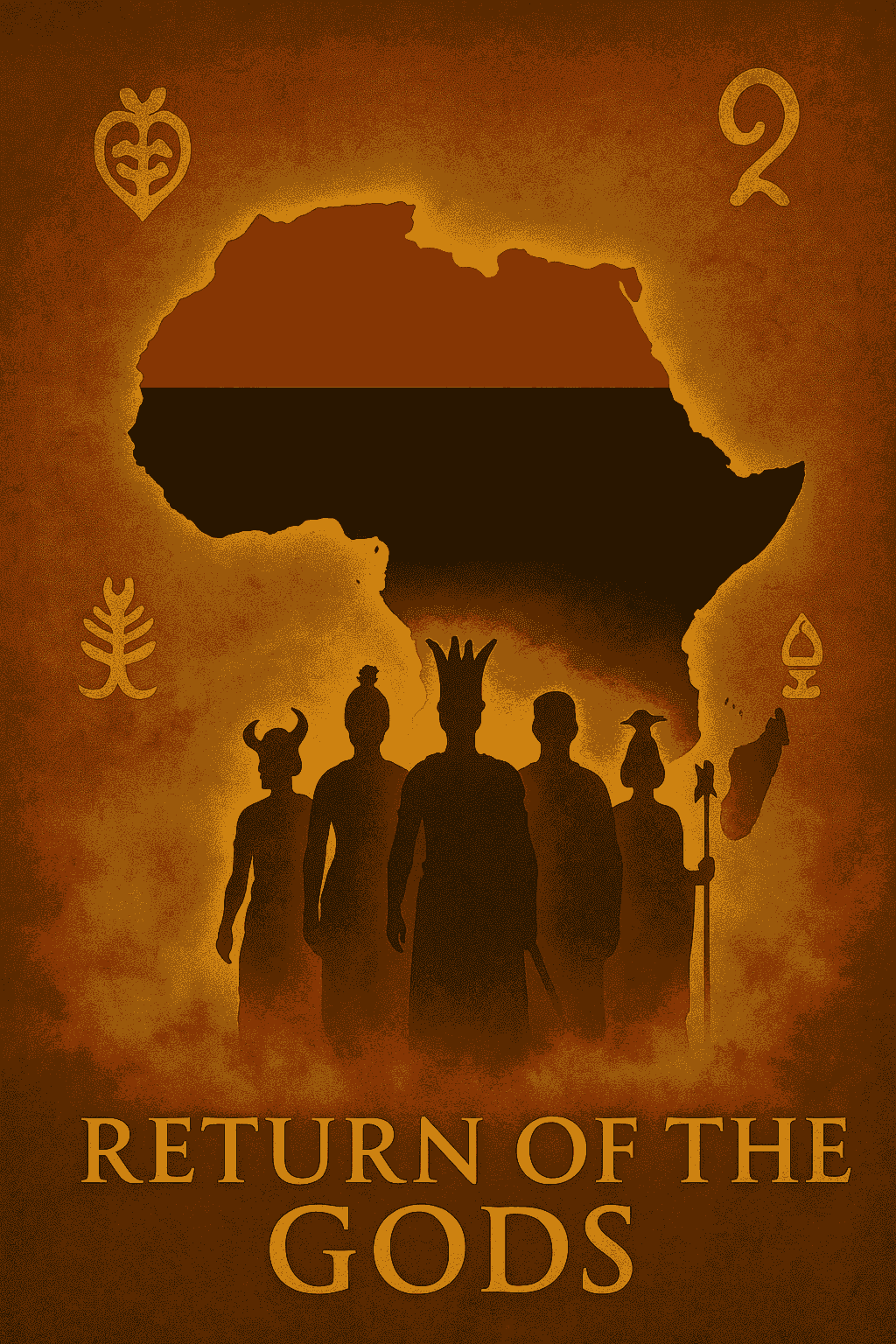
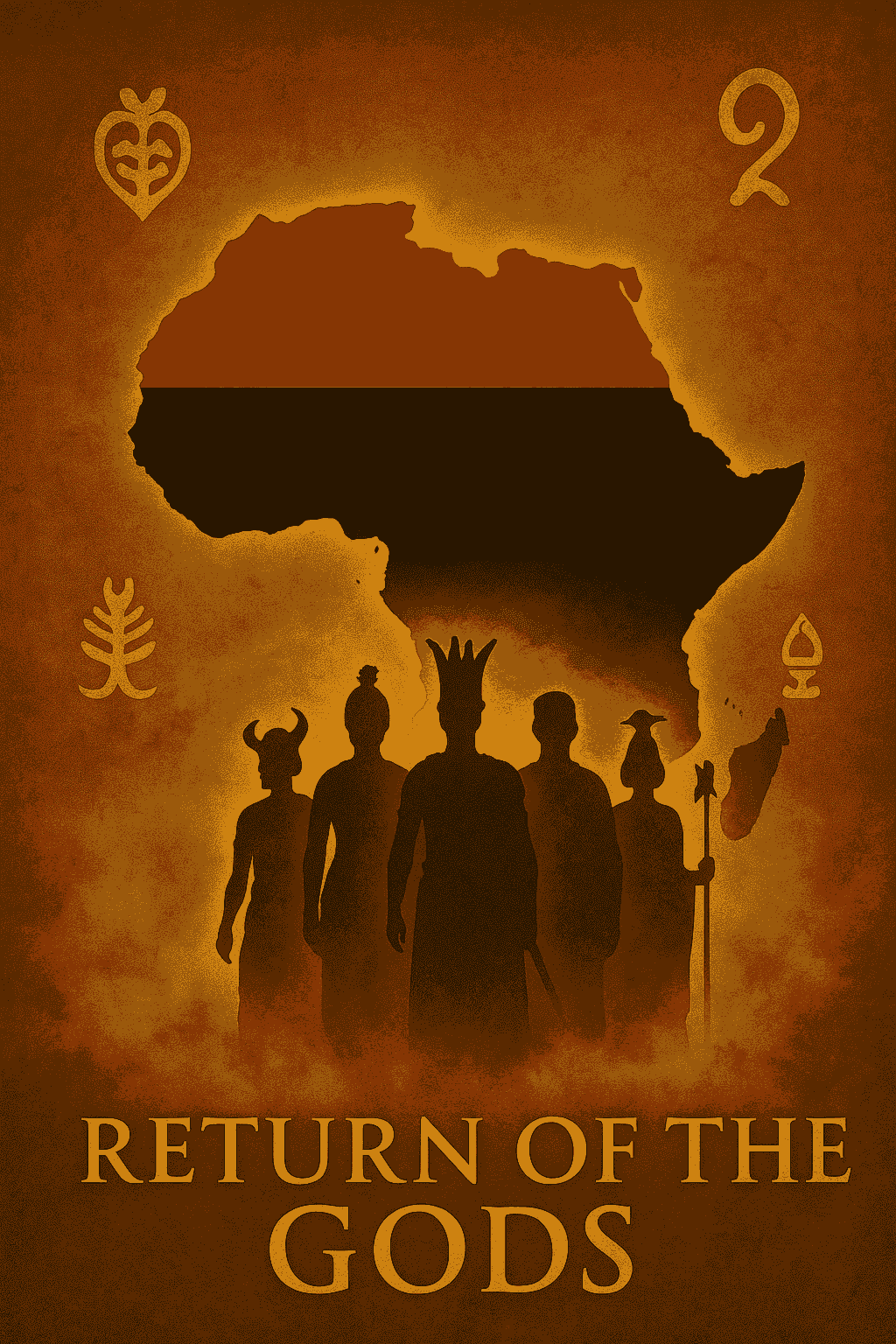
Brand Strategy

Elegant Design
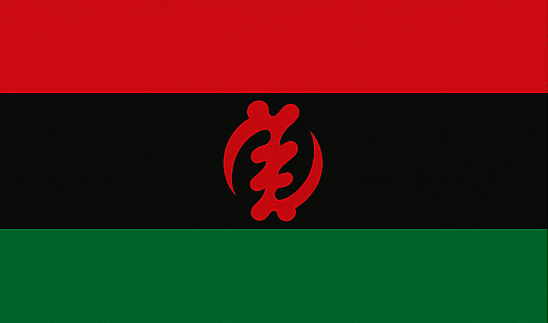
—— Contact
Are You Ready?
Let's Go to Work!












